What Are Sanctions and How Do They Work? A History of US Economic Sanctions

The US uses sanctions more than any other country in the world, by a lot.
By Caroline Gray, Senior Researcher
This article appeared in Teen Vogue on May 22, 2022.
We’ve heard a lot about sanctions in the past year. After Russia’s invasion of Ukraine in February 2022, the United States and its allies responded with massive sanctions on Russia and sent billions in military aid to Ukraine. The response from the international community — led by the US — to sanction Russia was unprecedented.
The US Treasury Department, in coordination with governments in 30 other countries, imposed approximately 2,000 sanctions to weaken Russia. At a recent address before the Council on Foreign Relations, Wally Adeyemo, the deputy secretary of the US Treasury Department, made the case that these US-led economic sanctions have significantly thwarted Russia’s war efforts in Ukraine. Specifically, the sanctions were meant to undermine Russia’s ability to build and buy advanced weaponry and military equipment. But more than a year into the war, one has to ask: Have these sanctions really worked?
The US uses sanctions more than any other country in the world. America’s sanctions extend far and wide, from Iran to North Korea, Syria to Cuba, Belarus to Sudan, Venezuela, Libya, Somalia, and the list goes on.
Sanctions are a double-edged sword. They are a tool US policymakers use to alter outcomes in other countries while avoiding outright war. But they can also wreak havoc on a society by targeting an entire country’s economy at the expense of civilians. And, as we’ve seen with sanctions relating to the war in Ukraine, they can devastate large swaths of the global economy, affecting populations worldwide. Sanctions are a tool of modern warfare and, according to new and existing research, not a very effective one.
Read more of Caroline’s article in Teen Vogue.

Written by Caroline Gray
Caroline is a senior researcher with the Independent America project at the Institute for Global Affairs and producer of the podcast, None Of The Above.
Read more from Caroline
This post is part of Independent America, a research program led out by Jonathan Guyer, which seeks to explore how US foreign policy could better be tailored to new global realities and to the preferences of American voters.
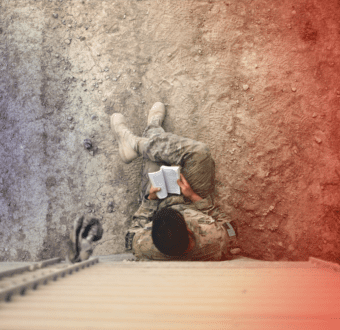
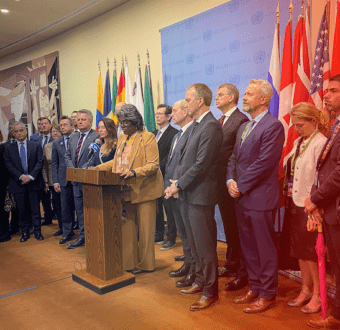


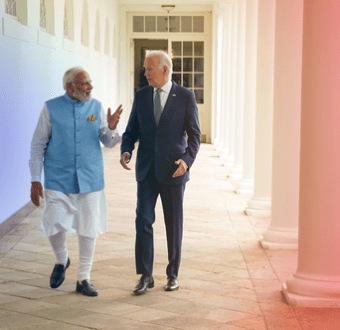
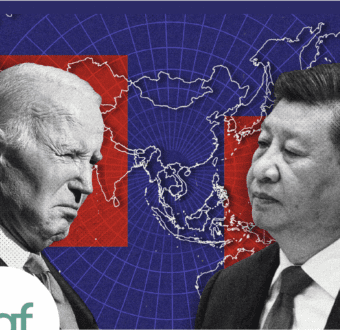



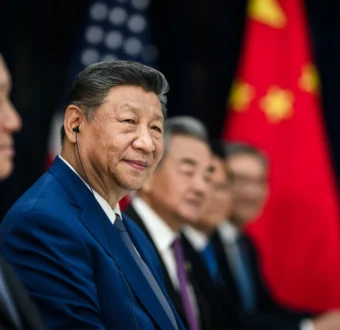
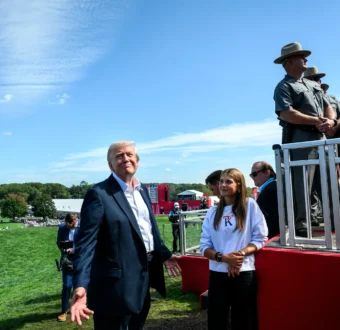



What Are Sanctions and How Do They Work? A History of US Economic Sanctions